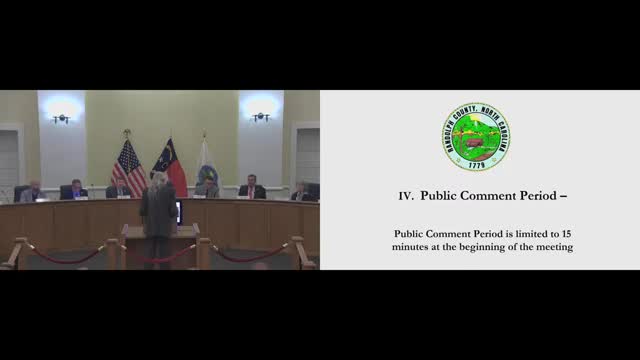Article not found
This article is no longer available. But don't worry—we've gathered other articles that discuss the same topic.
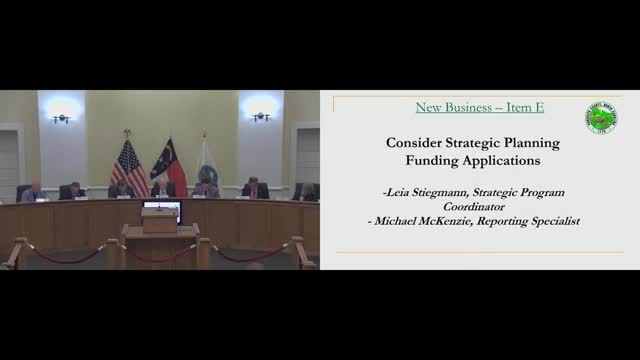
County approves Viper tower work and upgrades 911 recording system to modernize public-safety communications
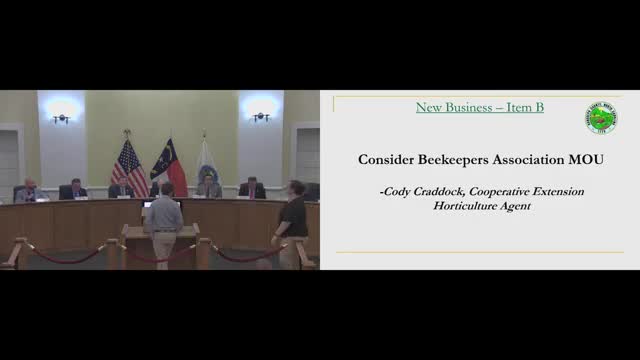
Commissioners approve MOU allowing demonstration beehives at new AgCenter for education and outreach
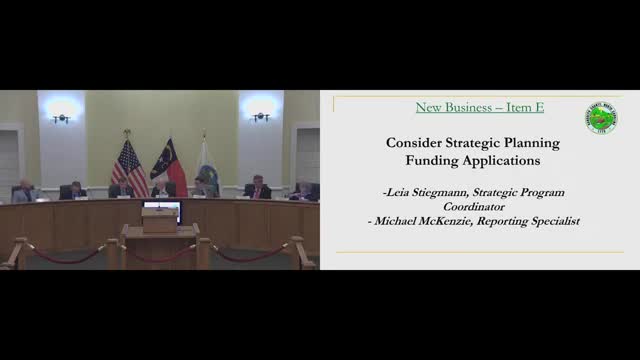
Commissioners allocate Waste Management strategic-plan funds to nonprofits; Keaton's Place and Lydia’s Place draw close votes
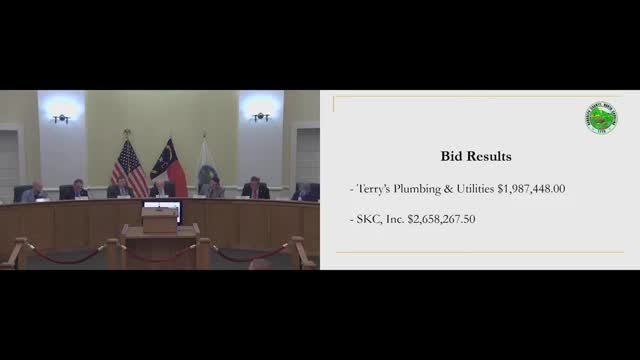
Board approves $1.98M pump-station project; county to contribute $300,000 incentive for I‑74/New Hope Church Road development
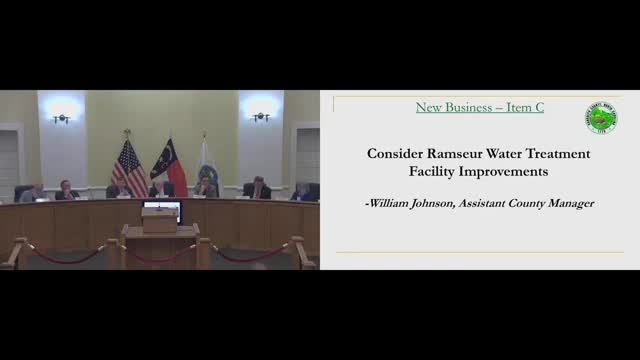
County approves $1.19 million contract to convert Ramsour water treatment to chloramines to integrate regional systems
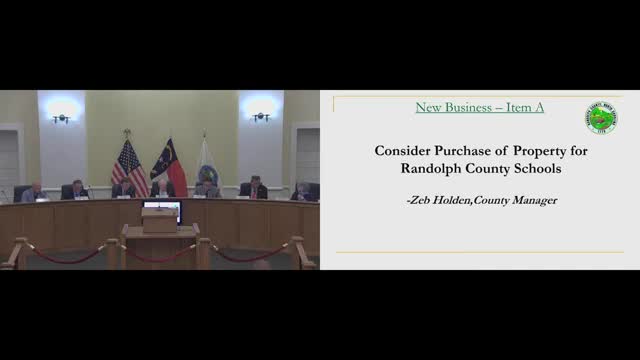
Commissioners approve purchase and design funding authorization for roughly 90-acre Randleman high school site
